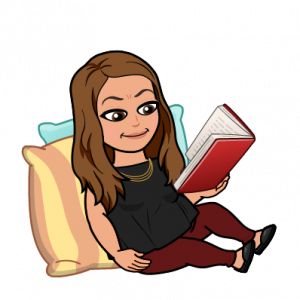For the past three weeks, the tenth grade Language Arts team has been building on the momentum generated by the ninth grade LA team with Sustained Silent Reading.  In his Association for Supervision and Curriculum Development (ASCD) book entitled “Building Student Literacy Through Sustained Silent Reading” high school English teacher Steve Gardiner offers a powerful solution for teachers who want to improve their students’ reading ability: Let students choose what they read and give them the time to read it.
In his Association for Supervision and Curriculum Development (ASCD) book entitled “Building Student Literacy Through Sustained Silent Reading” high school English teacher Steve Gardiner offers a powerful solution for teachers who want to improve their students’ reading ability: Let students choose what they read and give them the time to read it.
Research supports frequent intervals of SSR throughout the week over an hour long intensive reading binge. For this reason, the tenth grade LA team has committed to offering all students dedicated time to engage in SSR at least three times a week. (It goes without saying students should be reading at home as well.)

Students were asked to list some of the Dos and Don’ts of SSR – here is a summary of what they came up with!
#1. READ
- Don’t be distracted (by your phones, by your music, by others, etc.)
- Don’t be doing work for another class.
- Do TAKE notes.
- Do read the whole time.
- Do keep track of words you don’t know.
#2. FIND the RIGHT BOOK
- Go to the library.
- Check out Good Reads.
- Challenge yourself (read @ or above your level).
- Check out What Should I Read Next
- Ask for recommendations
#3. INCREASE READING and MENTAL STAMINA
The fact of the matter is, sustained silent reading just doesn’t come naturally to many people any more. It takes a concerted effort to concentrate. Biologically speaking, human beings are not hardwired to focus on one thing. During SSR, students should build their stamina in order to concentrate on their reading. It pays off in the end!
#4. USE SOLVING ROADBLOCKS STRATEGIES TO IMPROVE COMPREHENSION
- Context Clues
- Re-Read
- Ask questions
- Make predictions
- Make connections
- Try Chunking the Text
#5. RECOGNIZE THE MANY BENEFITS OF READING
- exercises your brain
- provides knowledge and information
- are a good topic of conversation
- improve writing skills
- great and free entertainment
- improves concentration and focus
- develops creativity
- increases your ability to empathize with others
- pose questions to stimulate further reflection
- good for memory
- enriches the language and vocabulary
- reduces stress, puts you in a better move



